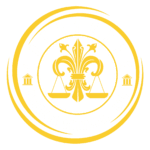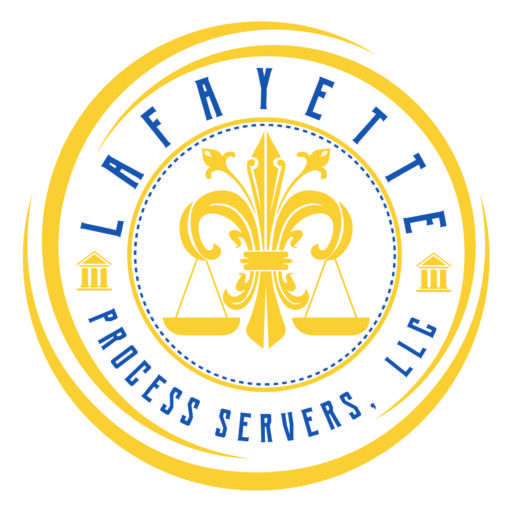Gathering information effectively is a vital skill in the digital age. It’s crucial for decision-making, research, and strategic planning in various professional fields.
However, the sheer volume of available data can be overwhelming. How do you sift through the noise to find relevant, reliable information? How do you ensure that the information you gather is comprehensive and accurate?
This article provides actionable strategies and techniques for enhancing your information-gathering skills. We’ll guide you through defining clear objectives and employing advanced search techniques.
This guide is for researchers, analysts, journalists, students, or anyone looking to improve their information-gathering abilities.
The Art of Defining Objectives
The first step in effective information gathering is defining clear objectives. Knowing what you’re looking for helps maintain focus and ensures the relevance of the data collected.
Your objectives should be specific, measurable, achievable, relevant, and time-bound (SMART). This approach ensures a structured and efficient information-gathering process.
Diversifying Information Sources
Diversify your sources to gather comprehensive information. This includes books, journals, databases, and credible online resources.
Diversification helps to avoid bias and provides a more holistic view of the subject. It also increases the chances of finding unique and valuable data.
Advanced Search Techniques and Tools
Mastering advanced search techniques can refine your results and save you time. These include using specific keywords, Boolean operators, and filters on search engines.
Additionally, tools and software can assist in organizing and storing gathered information. These tools can streamline your research process and improve efficiency.
Critical Analysis of Sources
Understanding the importance of primary and secondary sources is crucial. Primary sources offer firsthand information, while secondary sources provide interpretations or analysis.
Developing critical thinking skills is also essential. These skills allow you to evaluate the credibility of information and discern fact from opinion.
Effective Note-Taking and Active Listening
Active listening and effective note-taking are vital during interviews or meetings. They ensure you capture all relevant information and nuances.
Develop a note-taking system that suits your style. This could involve highlighting key points, summarizing information, or creating visual data representations.
Avoiding Information Bias
Information bias can distort one’s understanding and interpretation of data. Awareness of this potential pitfall in the information-gathering process is crucial.
To avoid bias, cross-check information from multiple sources. Also, be open to different perspectives and challenge your preconceptions.
Networking and Asking the Right Questions
Networking is a powerful tool for information gathering. It allows you to tap into the knowledge and insights of experts in your field.
Asking the right questions is equally important. It helps you obtain comprehensive and precise information, enhancing the quality of your research.
Organizing and Synthesizing Information
It is crucial to organize information effectively. Tools and software can help store and categorize the gathered data, making it easier to access and analyze.
Synthesizing information involves integrating diverse pieces of data into a coherent whole. This process is critical to understanding the bigger picture and drawing meaningful conclusions.
Conclusion: Continuous Learning and Adaptability
Continuous learning and adaptability are vital in information gathering. Staying updated ensures efficiency and effectiveness as new tools and techniques emerge.
Adaptability involves being open to new information and perspectives. This flexibility can lead to more comprehensive and accurate conclusions, enhancing decision-making processes.

